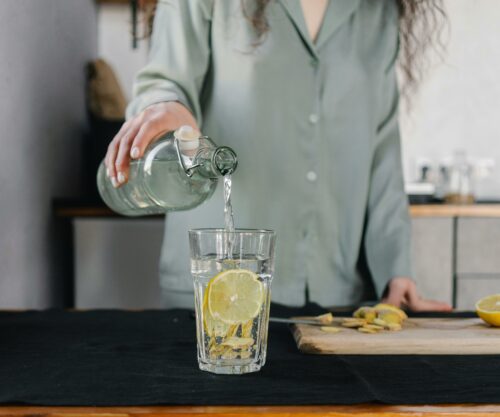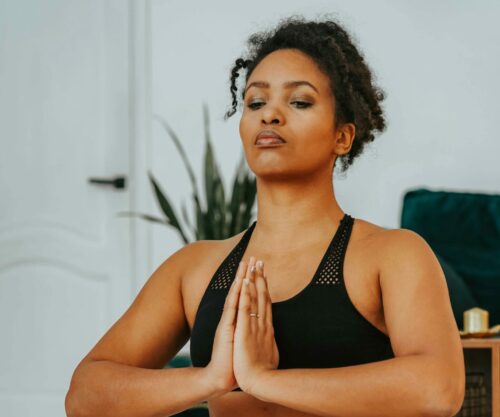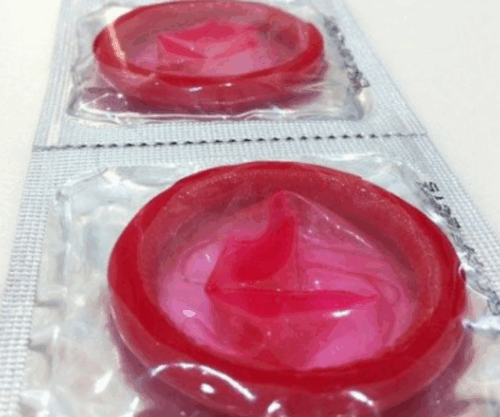
There are many types of addictions, some we don’t even know we are addicted to. However there are ways that can help to curb and understand the addictions if you stay the course.
According to Netcare hospital drugs and alcohol abuse is an enormous problem in South Africa, getting worse each day. Some of the most frequent addictions are from Mariana (dagga), alcohol, cocaine, tik and heroin.
There are other factors that drive people to their addictions for example, “being vulnerable to things you cannot change, including genetics, family background, mental health issues, work stress, financial pressure, and relationship problems,” says Marna Acker, Occupational Therapist from Akeso Clinic Nelspruit.
After years of treating patients and understanding addiction, Netcare hospital has compiled a list of signs and symptoms you should look out for in order to see if someone needs help.
- Weight loss, skin colour change, skin outbreaks.
- Intense urges or cravings as the addiction develops.
- Withdrawal symptoms leading to suboptimal performance and physical craving.
- Isolation, depression, anxiety and paranoia.
- Unhealthy friendships with people who have similar habits.
- Financial difficulties due to large amounts of money being spent on drugs or alcohol.
- Neglecting responsibilities, such as work or personal obligations.
- Poor judgement, including risky behaviours such as stealing, lying, engaging in unsafe sex, selling drugs, or crimes that could land the person in jail.
Ways you can stop addictions.
Psychology today views addiction as something that can be treatable after patients undergo comprehensive medical and psychiatric screening.
- First stage of treatment would be to detoxify under medical supervision.
- There will be medications that may be used to target co-occurring disorders such as anxiety and depression.
- You will undergo counseling sessions that will help you with your healing process.
- Group therapy and family therapy will help repair and learn from other people going through the same process.
- The treatment program will also feature the regular monitoring of individual progress.
To avoid festive season relapse, The cedars recommends the following:
- Maintain a solid support system.
- Keep up with your daily affirmations.
- Participate in healthy outdoor activities.
- Be involved in family activities for example, cooking, baking and decorations.
- Spend time with people who are good for your mental health.




